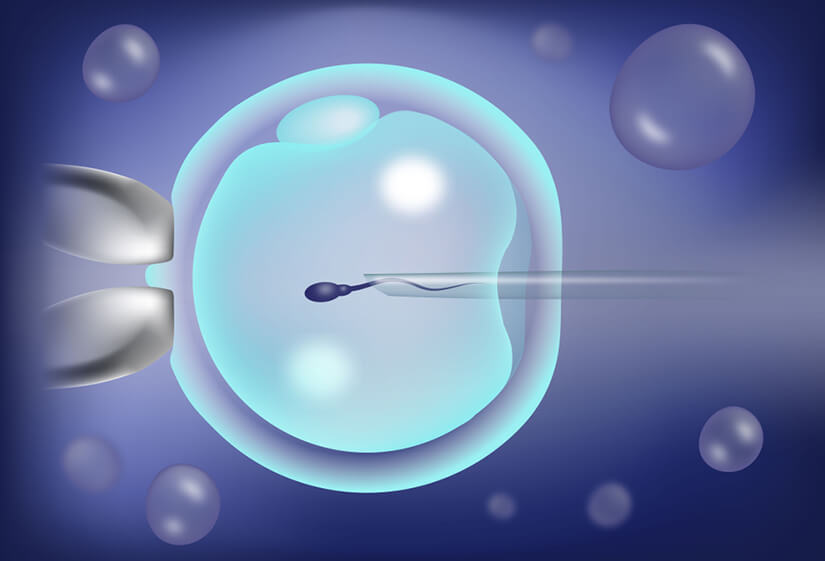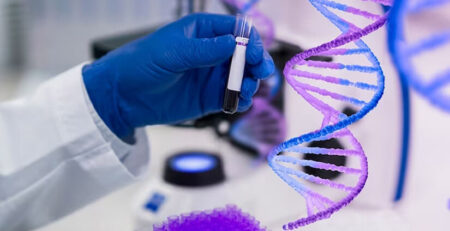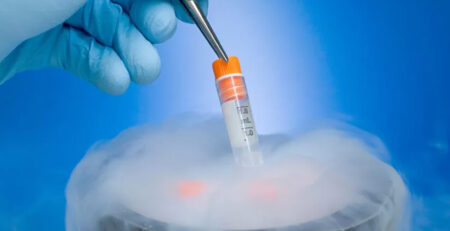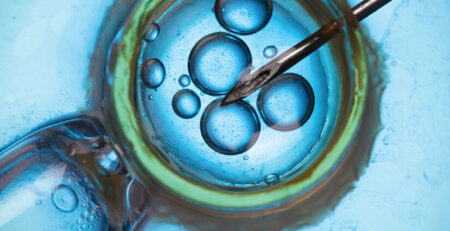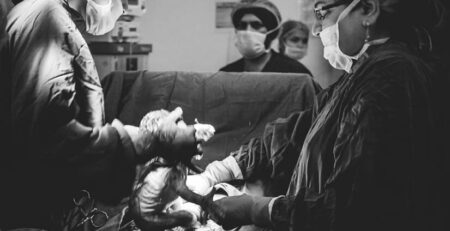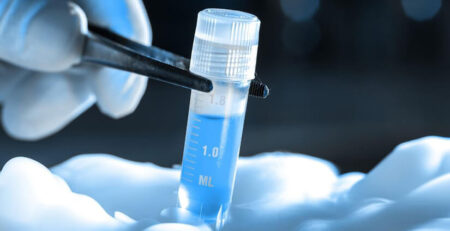What Happens to Sperm in IVF/ ICSI?
Parenthood is a dream that many couples aspire to, but sometimes, nature can be a hindrance. Infertility is a major roadblock that can shatter the hopes of many prospective parents.
However, thanks to modern medical technology, there is hope. IVF and ICSI are two popular infertility treatments that have helped millions of couples worldwide to fulfil their dreams of parenthood. In these treatments, the sperm plays a vital role in the fertilisation. But have you ever wondered what happens to sperm in IVF/ICSI? How does it contribute to the creation of a new life?
The best IVF doctors in Delhi can guide you through this journey towards parenthood. So, buckle up and get ready to learn everything you need to know about sperm and IVF/ICSI.
What are IVF and ICSI?
IVF, or in vitro fertilisation, is a type of fertility treatment where doctors help couples with trouble getting pregnant. It involves taking eggs from the woman’s ovaries and mixing them with sperm in a lab dish to create embryos. These embryos are then carefully transferred back into the woman’s uterus to achieve a successful pregnancy.
IVF can be a useful option for couples trying to conceive for a while without success or those with fertility issues such as blocked or damaged fallopian tubes, ovulation disorders, or male factor infertility.
It’s a complex procedure, but with the right medical support and the best IVF & Infertility specialist in Delhi, many couples have successfully conceived through IVF.
On the other hand, ICSI stands for intracytoplasmic sperm injection. It’s a type of fertility treatment that can help couples struggling with male-factor infertility, such as low sperm count, poor sperm motility, or abnormally shaped sperm.
In ICSI, unlike IVF, a single sperm is injected directly into an egg using a microneedle to fertilise it. This is done under a microscope to ensure precision.
The best IVF doctors in Delhi recommend the ICSI in cases where the woman has had unsuccessful IVF cycles in the past or when the sperm and egg need some extra help to fertilise successfully.
What Happens to Sperm?
Sperm refers to the male reproductive cells or gametes produced by the testes. In natural semen, there is typically a significant amount of semen fluid present. In a healthy semen sample, there are millions of sperm.
These parameters for evaluating the semen sample include sperm count, sperm motility, and sperm morphology (the shape and structure of the sperm).
Normal Cycle
After ejaculation, the sperm are deposited in the vagina. From there, they move into the fallopian tubes, where the egg awaits for the fertilisation. The sperm penetrates and fertilises the egg. At this phase, the genetic material from the sperm combines with the genetic material of the egg, creating a unique set of DNA that will determine the characteristics of a future baby.
The journey for sperm in the female reproductive system is challenging and filled with obstacles. Only a few sperm will reach the fallopian tubes, and even fewer will get the egg but only one will penetrate it.
Whereas in IUI (intrauterine insemination), the semen sample is collected, washed and concentrated so that only high-quality sperm are selected for the procedure. The prepared sperm is then directly placed into the uterus using a catheter, bringing it closer to your fallopian tubes.
By reducing the time and distance the sperm travels, IUI improves the chances of successful fertilisation by making it easier for the sperm to reach an egg. This increased proximity and optimised conditions enhance the likelihood of pregnancy.

IVF Cycle
During IVF, sperm undergo a few different steps before they can fertilise an egg.
The first step in IVF is to collect sperm from the male partner or a sperm donor. This can be done through ejaculation into a sterile container or by retrieving sperm directly from the testicles or epididymis in cases where there are issues with sperm production or retrieval.
The collected sperm is then washed to separate the healthy and motile sperm. Meanwhile, the female partner undergoes a procedure called egg retrieval. Eggs are retrieved from the ovaries using ultrasound-guided techniques, and these eggs are then placed in a special culture medium.
After that, the embryologist adds a concentrated sample of sperm to the dish containing the eggs. The dish is then placed in an incubator. The sperm are left to swim towards the egg, and if all goes well, one sperm will penetrate the egg’s outer membrane and fertilise it.
The fertilised eggs, now called embryos, can grow and develop for a few days under carefully controlled conditions. Then, the IVF doctor in Delhi selects one or more embryos and transfers them into the female partner’s uterus, where they will hopefully implant and establish a pregnancy.
You can consult Dr Rhythm Gupta, the best IVF doctor in Delhi, to understand the procedure.
ICSI Process
During the ICSI procedure, a single sperm is carefully selected and injected directly into an egg using a very fine needle. The best IVF doctors in Delhi will guide you through the entire procedure.
The process of ICSI starts with the collection of semen sample from the male partner, similar to IVF. The sperm for injection is chosen based on size, shape, motility and other characteristics. The embryologist will select and inject a sperm that appears healthy, motile and has the best chance of fertilising the egg.
Once the sperm is injected into the egg, it will start breaking down its outer layer so that its genetic material can combine with the eggs. Over time, the fertilised egg will divide and develop into an embryo, just like in natural conception.
After the embryo has developed for a few days, the best IVF doctors in Delhi will transfer it into the woman’s uterus, where it will hopefully implant and continue to grow. From there, the pregnancy will progress.
ICSI can be a highly effective treatment for couples struggling with male factor infertility, as it allows for the direct injection of a single sperm into an egg. It can also be used in cases where conventional IVF has failed or in cases where there are other issues affecting the sperm, such as abnormally shaped or low motility sperm.
It’s important to note that ICSI is a highly specialised procedure the best IVF & Infertility specialist in Delhi should only do.
Conclusion!
IVF and ICSI are two techniques used in assisted reproductive technology (ART) to help couples achieve their dream of having a family. Both techniques involve collecting and processing sperm in a laboratory setting, with the ultimate goal of fertilising the female partner’s eggs and transferring the resulting embryos to her uterus. Consulting the best IVF doctors in Delhi can help you to determine the suitable treatment based on your conditions.
If you are struggling with infertility or have any questions about IVF or ICSI, it’s important to seek the advice of a qualified and experienced fertility specialist. As an IVF specialist in Delhi, Dr Rhythm Gupta has helped numerous couples achieve successful pregnancies using these techniques. Don’t hesitate to reach out and schedule a consultation today to learn more about your options and take the first step towards realising your dream of starting a family.

